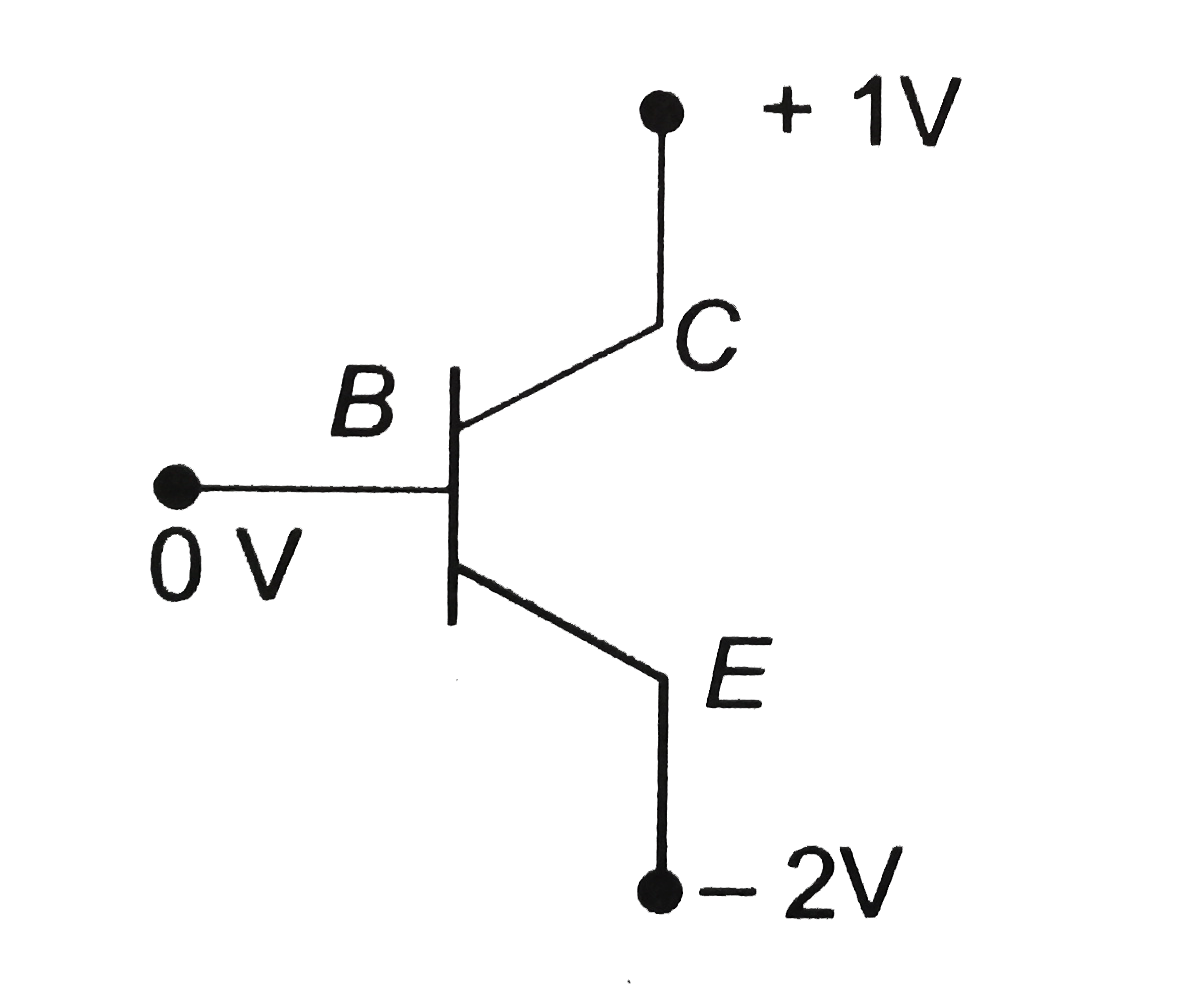Is the motion of a charge across junction momentum conserving ? Why or why not ?
Video Solution
Text Solution
When an electron approaches a junction, in addition to the uniform electric field E facing it normally. It keep the drift velocity fixed as drift velocity depnds on E by the relation drift velocity
vd=eEτm
this result into accumulation of charges on the surface of wires at the function. these produce additional electric field. These fields change the direction of momentum. Thus, the motion of a charge across junction is not momentum conserving.
|
Topper's Solved these Questions
Similar Questions
The kirchoff's first law (∑i=0) and second law (∑iR=∑E) where the symbols have their usual meanings are respectively based on (A) Conservation of charge conservation of momentum (B) Conservation of energy conservation of charge (C) Conservation of momentum conservation of charge (D) Conservation of charge, conservation of energy
View SolutionMomentum||Laws OF momentum conservation
View Solution
Knowledge Check
A charge is moving across a junction, then
Amomentum will be conservedBmomentum will not be conservedCat some places momentum be conserved and at other places momentum will not be conservedDnone of these.Assertion: When PN-junction is forward biased then motion of charge carriers at junction is due to diffusion. In reverse biasing. The cause of motion of charge is drifting.
Reason: In the following circuit emitter is reverse biased and collector is forward biased.
 AIf both the assertion and reason are true and reason is a true explantion of the assertion.BIf both the assertion and reason are true but the reason is not true the correct explantion of the assertion.CIf the assertion is true but reason falseDIf both the assertion and reason are false.
AIf both the assertion and reason are true and reason is a true explantion of the assertion.BIf both the assertion and reason are true but the reason is not true the correct explantion of the assertion.CIf the assertion is true but reason falseDIf both the assertion and reason are false.In planetary motion, the angular Momentum conservation leads to the law of
AorbitsBareasCperiodsDconservation of kinetic energy
Conservation of Momentum
View SolutionConservation Of Momentum
View SolutionMomentum || Conservation OF Momentum
View SolutionMomentum || Conservation OF momentum
View SolutionIn an elastic collision
(A) Both momentum and KE are conserved (B) only momentum is conserved (C) only KE is conserved (D) Neither KE nor momentum is conserved
View Solution
